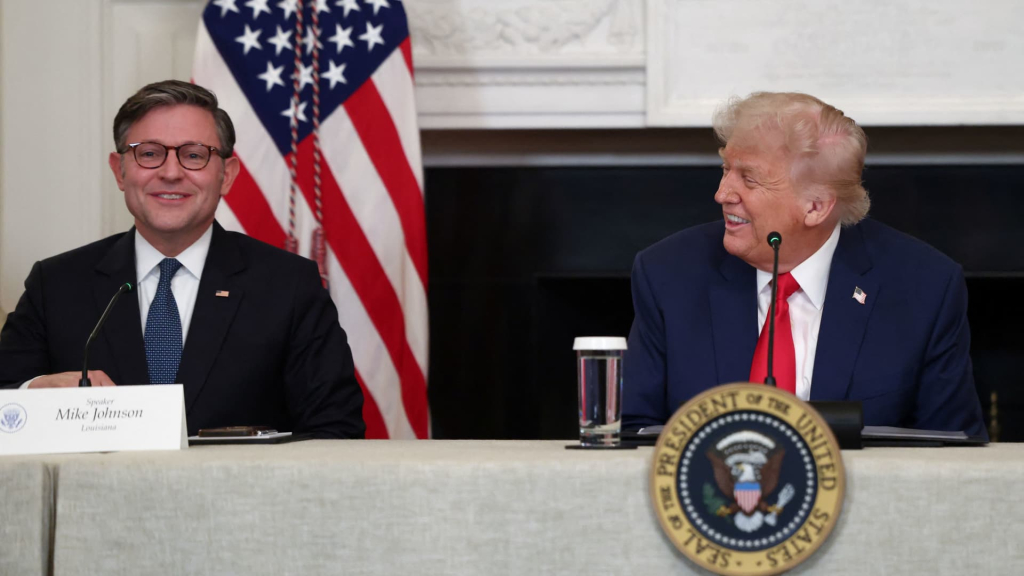On Wednesday, the House of Representatives took significant steps towards the endorsement of President Donald Trump’s proposed $9.4 billion spending reduction package, which aims to formalize various cuts initially recommended by the Department of Government Efficiency.
This legislative proposal would empower the White House to refrain from expending billions that Congress had previously authorized. The funds in question would be retracted from targeted agencies, including the U.S. Agency for International Development (USAID) and the Corporation for Public Broadcasting, the latter of which allocates federal grants to National Public Radio (NPR) and the Public Broadcasting Service (PBS).
Although the procedural vote held on Wednesday predominantly followed party lines, a decisive vote anticipated on Thursday may encounter pushback from House Republicans who express concerns over the cuts to widely favored services such as PBS and NPR.
With a slim Republican majority in the House, Speaker Mike Johnson can only afford to lose a few votes in order to successfully advance the package through a party-line vote.
Earlier this week, Johnson indicated he was “working on” securing sufficient Republican backing for the DOGE package, as reported by CNN.
Wednesday’s vote also confirmed adjustments to the Republicans’ “big, beautiful bill,” which were mandated by the Senate to permit the legislation to advance with a simple majority, bypassing the standard 60-vote threshold that typically applies in the Senate.
Legislation related to the budget, including the “big, beautiful bill,” can be processed using a special legislative procedure known as reconciliation.
Previously, the Senate parliamentarian had identified certain elements of the package that did not conform to the reconciliation rules, highlighting the complexities surrounding the legislative process.


























